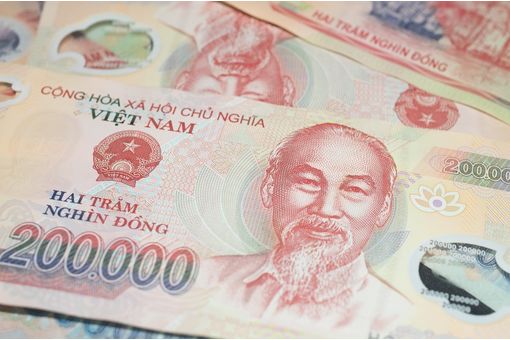Multi-brand retail with FDI barred from ecommerce in India
(viii) The above policy is an enabling policy only and the State Governments/Union Territories would be free to take their own decisions in regard to implementation of the policy. Therefore, retail sales outlets may be set up in those States/Union Territories which have agreed, or agree in future, to allow FDI in MBRT under this policy.
The establishment of the retail sales outlets will be in compliance of applicable State/Union Territory laws/ regulations, such as the Shops and Establishments Act etc.
(ix) Retail trading, in any form, by means of e-commerce, would not be permissible, for companies with FDI, engaged in the activity of multi-brand retail trading.
Global investors normally take time to assess a new policy and its implications in the context of a particular market.
Opening up of FDI in multi-brand retail trade is expected to bring in much needed investments, technologies and efficiencies to unlock the true potential of the agriculture value chain. The policy mandates minimum investment of $100 million with at least half going towards back end infrastructure, including cold chains, refrigerated transportation and logistics. The condition that this investment will have to be made within 3 years of the first tranche of FDI has been put in to ensure that this purpose is actually achieved.
Thus FDI in multi-brand retail trade is expected to bring in, global best practices and benefit farmers in the long run, in terms of quality, price, greater supply chain efficiencies in the agriculture sector and development of critical backend infrastructure. As per the Indian Council for Research on International Economic Relations (ICRIER) report on “Impact of Organized Retailing on the Unorganized Retail Sector”, submitted in 2008, farmers would benefit significantly from the option of direct sales to organized retailers.
For example, average price realization for cauliflower farmers selling directly to organized retail was about 25 percent higher than their proceeds from sale to regulated government mandi. Profit realization for farmers selling directly to organized retailers was about 60 percent higher than that received from selling in mandi.
While formulating the policy on FDI in multi-brand retail trading, the Government was conscious of the livelihood concerns of the millions of small retailers. Informed studies of global experience have revealed that even in developing economies like China, Brazil, Argentina, Singapore, Indonesia and Thailand, where FDI is permitted up to 100%, local retailers have found innovative ways to co-exist along with organized retail and are integral to the organized retail chain. In Indonesia, even after several years of emergence of supermarkets, 99% of the fresh food retail and 70% of all food retail continues to be controlled by traditional retailers.
































-Ltd..jpg?tr=w-120,h-60,c-at_max,cm-pad_resize,bg-ffffff)





.jpg?tr=w-120,h-60,c-at_max,cm-pad_resize,bg-ffffff)
.jpg?tr=w-120,h-60,c-at_max,cm-pad_resize,bg-ffffff)






